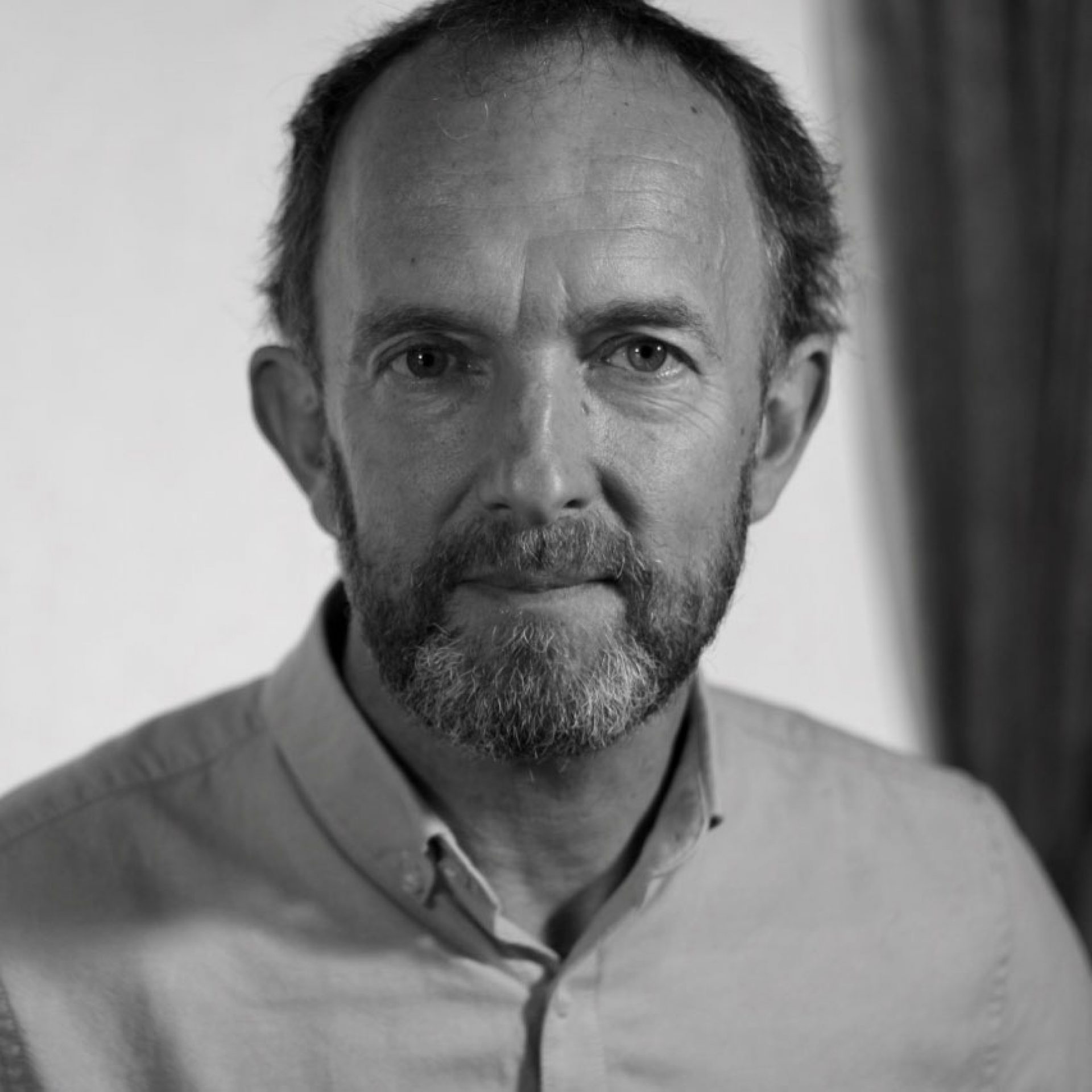Dr Alister Scott is the co-founder along with Neil Scotton of a company called The One Leadership Project. The one Leadership Project is a strategy and Leadership firm that supports those making big change happen. Alister and Neil have also co-authored a book called “The Little Book of Making Big Change Happen” This is a book aimed at teams and leaders to inspire catalytic leadership. Alister is also Chair of Cuckmere Community Solar, is a certified coach and holds a Doctorate in Science and Technology policy.
Show Notes
Podcast episode summary: This episode seeks to explore the subject of change and in particular organisational change as teams and organisations face into the worlds new PAID reality (Pressurised, Attention-deficit, Information Overload ,Distracted) Alister shares how he and Neil help teams make big change happen. Alister shares many gems and useful concepts for Leaders and teams to practice.
Points made through the episode:
- The Human race has to adapt we are growing exponentially and pretty soon we will be housing more than 9/10 billion people on the planet.
- How does the human race build its capacity to be in partnership with nature?
- Alister’s mission is to be useful in the realm of big change
- Teams are the unit of currency supporting organisations make big change happen.
- Organisations are being compressed by huge forces of change like technology change, social media, resource depletion, policy change, immigration, globalisation and they find themselves stuck in the middle between these forces for change and their clients and stakeholders wanting them to respond appropriately.
- Big change is upon us, change or be changed. In order to do that Leaders ‘need to be on the front foot, to think, be more purposeful and engaging to inspire and retain the best talent
- Important that teams create and live a shared purpose that is inspiring and beyond self.
- A purpose needs to be clear and the team needs to stay connected to its meaning and let it pull out of the team the required answers to questions, dilemmas conflict that inevitably occur
- Alister describes the model that he and Neil use working with teams in organisations wanting to make big change happen.
- The model comprises six dimensions for making big change and these include
- Purpose-a clear shared, inspiring purpose
- Team- a cohesive, committed team with a range of capabilities
- Engagement- how well are you engaging your key stakeholders
- Culture-you need a culture that matches the scale of your inspiring purpose
- Results- you need to be clear about the results you want
- Inner Journey – you will go on an inner journey that matches your outer journey
- Alister shared how in his work big change requires a big commitment of a team of approximately a year or longer.
- His program involves a diagnostic, 3/4 big team events plus ongoing individual coaching
- Teams are drowning in task; they are not taking the time to think together, and they are not aware of the degree to which they are not focused on team or on the individual.
- Alister described John Adair’s work sharing that teams need to pay attention to task, team and the individual in an evenly distributed fashion
- Alister introduced a valuable concept called ERA, Encouragement, Recognition and Appreciation. Leaders would do well if they build a solid foundation of ERA
- Alister shared some pertinent advice for listeners, especially leaders of teams wanting to change
- Embrace big change, best around big change is through
- Face up to the radical reality we are in
- Build leadership courage
- Notice your fear-based behaviours
- Aim as a leader to inspire and delight
Quotable quotes “Thinking something about someone and not sharing it is like wrapping a present and not giving it”
Resources: the following include the resources we alluded to over the course of our conversation
- Scott, Alister. Scotton, Neil. (2017) The little book of making big change happen. Available on Amazon & Kindle
- Kline, Nancy. More time to Think (2009)
- The One Leadership Project, enablingcatalysts.com
- Action Centred Leadership by John Adair



